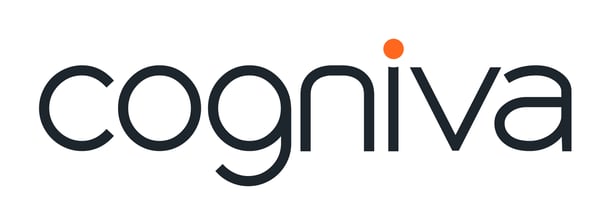Why Taxonomies Matter? : Ontologies, Auto-Classification and Artificial Intelligence
It is with enthusiasm that the Cogniva Community of Practice on Information Architecture invites you to a presentation on taxonomies.
Regarding the session:
In this session, our dynamic trio will dive into explaining how taxonomies power up new technologies based on Artificial Intelligence and Auto-Classification; they will review how Taxonomies are the foundation of Ontologies to provide more precise semantic context to document files. They will show you some real examples of what they have done.
Regarding the speakers:
Leslie Santibañez has a master’s degree in Communications with a specialization in Knowledge Management. She has worked in the IM field for 15 years and considers herself a Business Taxonomy enthusiast. Leslie has collaborated in several deployments of GCdocs and SharePoint in several Canadian government departments and is currently working on the taxonomy development and information architecture for MS365 and GCdocs at Global Affairs.
Elizabeth Brown has worked in Information Management at Global Affairs for the past 20 years. She has a college diploma in computer systems and specializes in Electronic Document and Records Management Systems. She currently works on IM business solution projects.
Sydney Bubis has worked for Cogniva Information Solutions advising federal departments as an Information Architect, for over nine years. He has a Master of Library and Information Studies degree from McGill University, with a specialization in Knowledge Management. He has experience using artificial intelligence towards automatic document classification leveraging taxonomies.
After this session, you’ll have the opportunity to ask your questions to the speakers.
For the second half of this community of practice, we will provide you with an overview of where we currently stand with respect to C3’s evolution and a forecast of our development roadmap, including MS Teams and MS 365 integrations. As usual, we are eager to hear your thoughts about what we propose and we’ll be all ears to collect your feedback on your requirements and challenges and how well you feel the new functionality will meet your needs.
